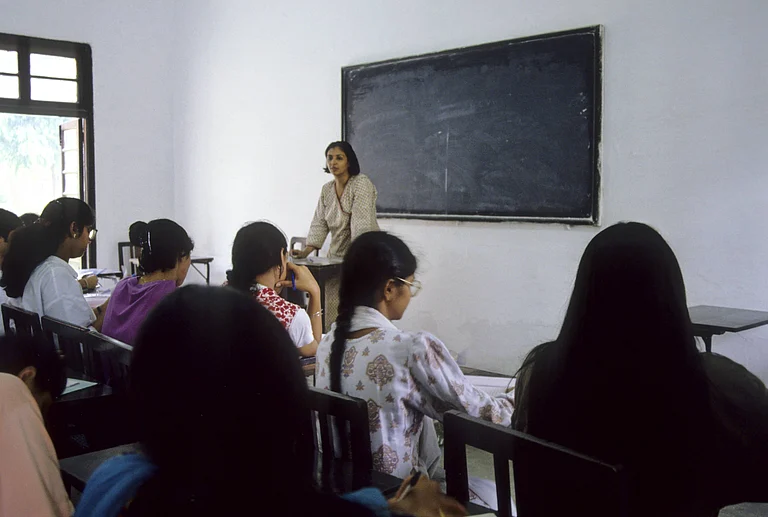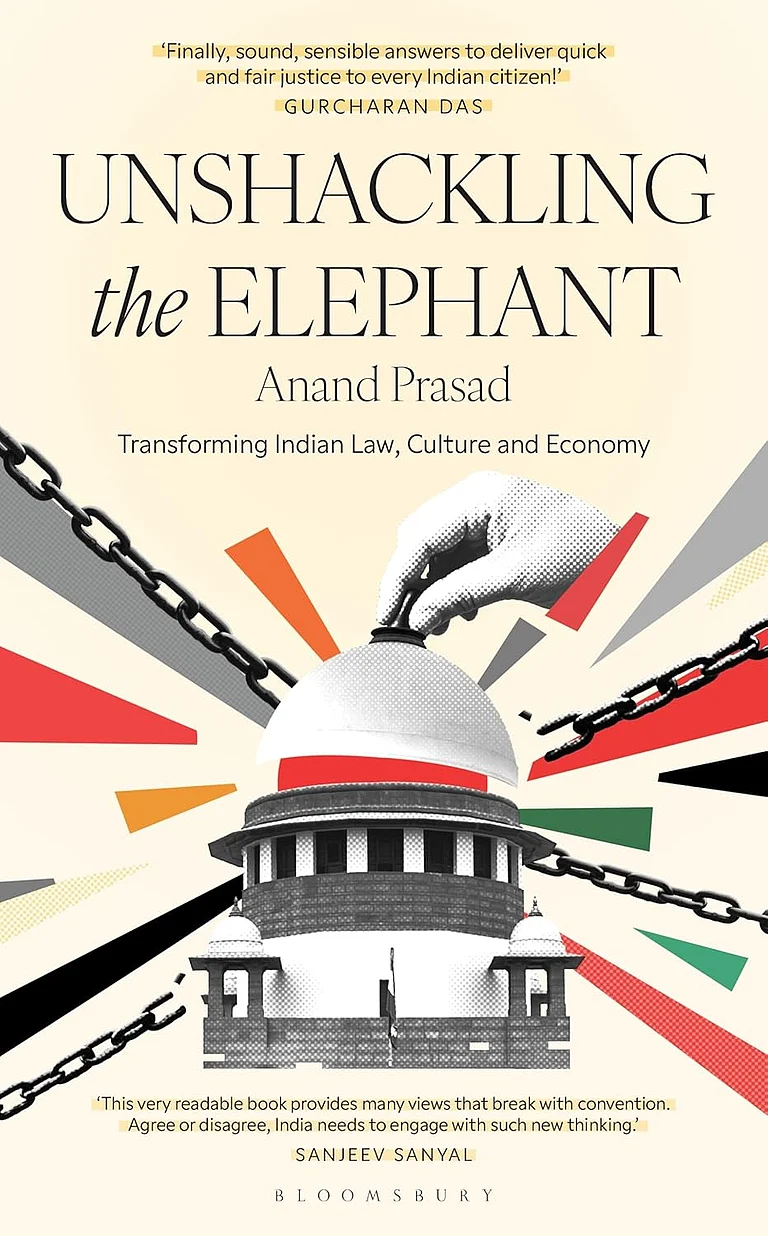When we talk about innovation in artificial intelligence, most headlines focus on high-profile models or applications. But underneath it all—in the layers where memory gets managed, graphs get compiled, and hardware gets pushed to its limits—there’s another kind of work happening. And Vishakha Agrawal has spent nearly a decade contributing to that.
From compiler pipelines and threading runtimes to LLM infrastructure on various hardware accelerators, Agrawal’s career reflects how modern AI systems are actually made usable. She’s not developing end-user applications—she is helping ensure it runs efficiently on hardware you already own.
Tracing the Edges of Infrastructure
Currently a Staff Engineer at AMD, Agrawal is developing next-generation AI engine compilers using MLIR for heterogeneous platforms—spanning AI accelerators, GPUs, FPGAs, and x86 processors. Her work plays a key role in enabling large-scale models to execute reliably across multiple backends, a growing issue as enterprise adoption outpaces compiler maturity.
Before AMD, she worked at SiFive, where she helped bring MLIR compiler infrastructure to RISC-V vector processors—including hand-tuned algorithmic pipelines using RVV intrinsics, an area that still lacks widespread tooling or documentation. In a landscape largely centered around x86 and CUDA, her contributions helped extend AI workload support to more open, accessible platforms.
At Intel, she contributed to both ends of the stack: she optimized deep learning models like BERT for CPU execution inside TensorFlow, and also co-developed a visualization tool—the Flow Graph Analyzer—that was one of the adopters of the OpenMP Tools Interface (OMPT).
Research That Goes Beyond the Benchmark
What sets Agrawal apart is her focus on evaluation—not just implementation. Her recent paper, “Beyond Next Word Prediction: Developing Comprehensive Evaluation Frameworks for Real-World LLM Applications”, argues for a shift away from single-number benchmarks and toward scenario-based testing that considers adaptability, reasoning, traceability, and ethical behavior. It’s a rare call from someone who has spent majority of her time on the "how" of AI, not the "what."
A Career Rooted in Systems, Not Spotlights
Vishakha Agrawal began her career in parallel runtime systems at Intel and has worked across academia, open-source, and enterprise systems. She has contributed to TensorFlow’s open-source CPU optimization stack, mentored students, and even supported performance debugging for national HPC research centers.
Why It Matters in 2025
In 2020, researcher Sara Hooker warned of the “hardware lottery”—the idea that the success of AI ideas depends as much on available infrastructure as on innovation. In 2025, that concept has become even more real: AI isn’t just bottlenecked by ideas—it’s bottlenecked by what can run fast, at scale, on today’s systems.
Vishakha Agrawal's work involves expanding support for new architectures, rethinking LLMs evaluation, and enabling interoperability across compiler layers. This contributes to the development of more strong and flexible AI infrastructure.
In conclusion, AI isn't just limited by how smart a model is—it’s also limited by how well it runs on real-world systems. That’s why improving the tools and platforms behind AI matters so much. As this technology continues to grow, the future will depend on strong, flexible infrastructure just as much as it does on powerful models.
About Vishakha Agrawal:
Vishakha Agrawal is an AI engineer with nearly a decade of experience developing the infrastructure that supports modern machine learning. Currently a Staff Engineer at AMD, she develops next-gen compilers using MLIR for AI accelerators, GPUs, and CPUs. Her career spans Intel, SiFive, and key contributions to TensorFlow’s CPU stack and RISC-V compiler tooling. Beyond implementation, she advocates for robust LLM evaluation frameworks that go beyond benchmarks. From runtime systems to hardware interoperability, Agrawal’s work ensures AI runs efficiently and accessibly on real-world platforms—playing a key role in systems that enable tomorrow’s intelligent applications.


























